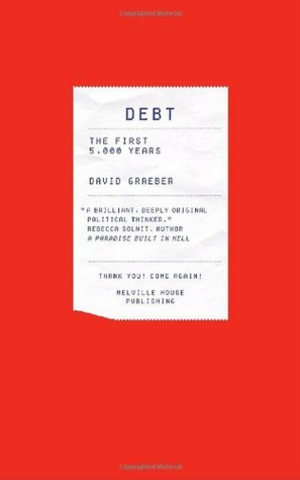
Every economics textbook says the same thing: Money was invented to replace onerous and complicated barter systems—to relieve ancient people from having to haul their goods to marke...
Show More
Number of Pages: 534
ISBN: 1933633867
ISBN-13: 9781933633862
Mentions
See All
Paras Chopra @paraschopra
·
Jan 3, 2022
I read it and it’s awesome.
BlueDuckBitcoin @BlueDuckBitcoin
·
Jul 10, 2022
- Answered to What is the best book you read this year?
- From Twitter
Bran⚡️ @brandonsladek
·
Jul 24, 2022
- Answered to What are the best books you’ve read on geopolitics, macroeconomics, and/or financial history?
- From Twitter
The cycles of history, multi-century transitions between credit-based money and commodity-based money, packed to the brim with examples throughout the last 5000 years of record: this book has it all.